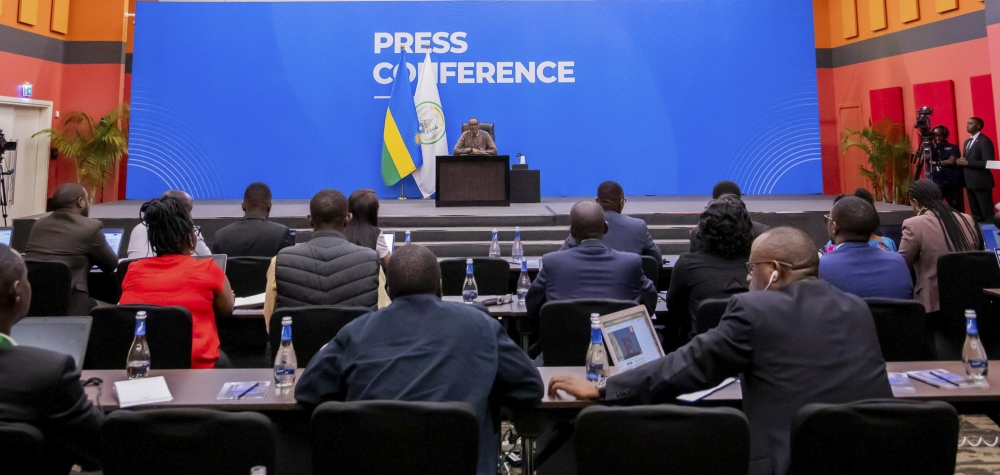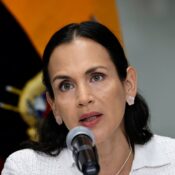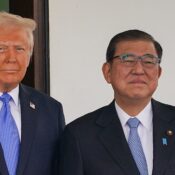
Kagame: “It can’t be business as usual, but the Luanda peace process must continue”
President Paul Kagame told a news conference in Kigali on Thursday, January 9, that regional authorities must not lose up on finding a long-term solution to the issue of the ceaseless fighting in eastern DR Congo, “but it can’t be business as usual.”
“We can’t just live with it and give up,” he added, adding that there must be a way to find a solution despite all the recent ups and downs in efforts to do so.
His remarks were made roughly three weeks after the Luanda Summit, which was supposed to bring Kagame and his counterparts Felix Tshisekedi of the Democratic Republic of the Congo and João Lourenço of Angola together to discuss and potentially find a solution to the problem, was abruptly canceled.
The foreign ministers of the three nations had reached a standstill in negotiations in the capital of Angola prior to the presidents’ meeting being postponed in the middle of last December.
The purpose of the seventh ministerial meeting was to examine a draft agreement that the presidents would sign the following day.
But after Congolese Foreign Minister Therese Kayikwamba Wagner shocked her Rwandan counterpart Olivier Nduhungirehe and Angolan counterpart Tete Antonio by declining to accept a proposal for direct communication between her government and M23 insurgents, the ministers came to a standstill.
“Efforts to find a solution to this problem must continue,” stated Kagame. However, things can’t continue as usual. We must stop doing things the way we have been doing them, prioritizing the process above the outcomes. We are looking for results, not the method, but we must act morally.
“The FDLR question must be addressed.”
In light of this, the [Luanda peace process] endeavor must continue, and we must continue to pose the appropriate queries and come up with the appropriate solutions. It is necessary to respond to the FDLR inquiry. We must find a solution; there is no room for suspicion or circling around the issue.
A militia connected to Rwanda’s 1994 Genocide against the Tutsi has been operating in eastern Democratic Republic of the Congo for the past thirty years. They have been causing instability in the area, particularly through the propagation of anti-Tutsi genocidal ideologies and the persecution of Congolese Tutsi populations.
The former FAR, politicians, and Interahamwe militia members who had committed genocide fled in large numbers, armed, to eastern DR Congo, then known as Zaire, when the Rwanda Patriotic Army put an end to the genocide against the Tutsi in July 1994.
Afterwards, they united to form the Army for the Liberation of Rwanda (ALIR).
They founded FDLR in 2000 to avoid or disassociate themselves from their heinous actions, shortly after Washington designated ALIR as a terrorist group for killing American tourists in Uganda’s Bwindi Forest. As of right now, the main cause of the insecurity in eastern DR Congo and the surrounding area is the genocidal militia.
The internal issues of the Democratic Republic of the Congo (DRC) “of persecuting their own people and making it our [Rwanda] problem by giving us refugees and by giving us all sorts of names; that we are supporting those people fighting for their rights in DRC,” Kagame reaffirmed, must also be resolved in connection with the threat posed by the genocidal militia.
“And the answer lies in internal [DR Congo] political processes for dialogue,” he continued. The nature of the method and its quality explain it if you’re looking for a solution. People are able to observe your actions and realize that you genuinely seek a solution.
Therefore, the [Luanda] meeting was called off since, once more, appearances were not the most crucial factor. What mattered more was what brought us there and how it was being handled.
“Ministers’ meetings and technical professionals’ meetings had been held prior to the summit. There would be agreement among the technical personnel, but half of that agreement would be rejected by the ministers. Mark you and confirm that the DRC, not Rwanda, was the one who was supposed to reject it.
Even if it was previously approved by DRC technical experts and accepted by our people and Angolans, the [Congolese] minister says, ‘No, this one cannot happen,’ when it comes to the ministerial meeting.
They continue for a long time, and when the ministers’ meeting comes around, the DRC minister leaves to make a call and then returns to say, “No, I don’t want this.” Thus, the peak was ruined by it. The summit was not destroyed by Rwanda. Actually, it’s DRC.
All Categories
Recent Posts
Tags
+13162306000
zoneyetu@yahoo.com



